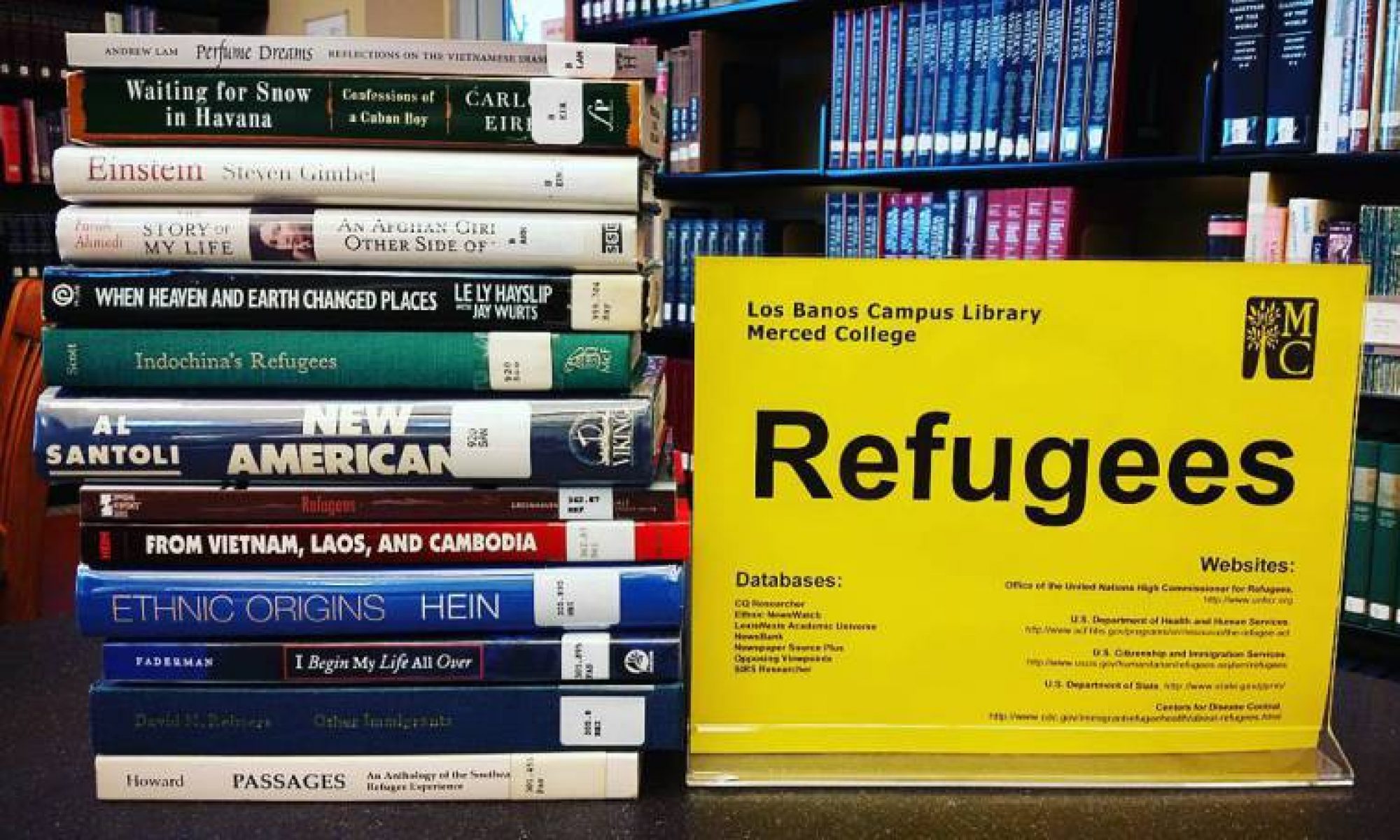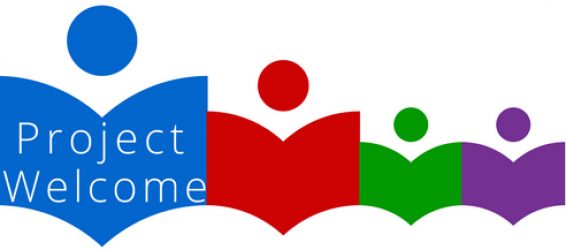Librarians are encouraged to explore these organizations and associations serving refugees and asylum seekers. Most of this list contains information about VOLAGs, or voluntary agencies. There are nine U.S. private agencies and one state agency that provide reception and placement services for refugees arriving in the United States.
- RIF is the only non-governmental organization in New York that offers support to refugees and asylum seekers. Most asylum seekers inform themselves via word of mouth propaganda or the work of social networks such as RIF. RIF offers monthly office hours with lawyers in collaboration with Fordham University’s Humanitarian Affairs institute; information about help on accommodations, psychological assistance and food; workshops on the asylum process; discussion groups on recovering from trauma; and internships at the Urban Farm Recovery Project.
- The International Rescue Committee provides opportunities for refugees, asylees, victims of human trafficking, survivors of torture, and other immigrants to thrive in America. Each year, thousands of people, forced to flee violence and persecution, are welcomed by the people of the United States into the safety and freedom of America. These individuals have survived against incredible odds. The IRC works with government bodies, civil society actors, and local volunteers to help them translate their past experiences into assets that are valuable to their new communities. In Salt Lake City and other offices across the country, the IRC helps them to rebuild their lives.
- The UNP Hartland Partnership Center is a comprehensive capacity-building project that brings together more than 30 university departments and 20 local non-profit organizations in campus community partnership activities to offer resources such as English language instruction, mental health support, citizenship classes, employment workshops, afterschool and summer programs, and educational resources to the community. Bringing these activities to Hartland residents helps equip all with the tools and resources to more fully participate in the broader Salt Lake Community. Partners work together in a reciprocal learning model to build upon one another’s strengths in an effort to facilitate programming that develops community capacity and overcomes economic, linguistic, and social barriers. Within all of partnerships, each person is valued for his or her knowledge, and decisions are made communally, ultimately leading to the creation of a stronger community.
- The Migration Policy Institute is an independent, nonpartisan, nonprofit think tank in Washington, DC dedicated to analysis of the movement of people worldwide. MPI provides analysis, development, and evaluation of migration and refugee policies at local, national, and international levels. It aims to meet the demand for pragmatic and thoughtful responses to the challenges and opportunities that large-scale migration, whether voluntary or forced, presents to communities and institutions in an increasingly integrated world.MPI publishes a respected online journal, the Migration Information Source, which provides fresh thought, authoritative data, and global analysis of international migration and refugee trends.
- The Urban Institute conducts sophisticated research to understand and solve real-world challenges in a rapidly urbanizing environment. Their work engages communities at multiple levels—city, state, and country—as they gather data and evaluate programs. Founded in 1968 to understand the problems facing America’s cities and assess the programs of the War on Poverty, the Urban Institute brings decades of objective analysis and expertise to policy debates—in city halls and state houses, Congress and the White House, and emerging democracies around the world. Today, their research portfolios range from the social safety net to health and tax policies; the well-being of families and neighborhoods; and trends in work, earnings, and wealth building. Their scholars have a distinguished track record of turning evidence into solutions.As an organization, the Urban Institute does not take positions on issues. Scholars are independent and empowered to share their evidence-based views and recommendations shaped by research. The work environment encourages intellectual honesty, innovation, diversity, and mutual respect. The analysis elevates debate, wherever it takes place.
- The Center for Immigration Studies is an independent, non-partisan, non-profit, research organization that provides immigration policymakers, the academic community, news media, and concerned citizens with reliable information about the social, economic, environmental, security, and fiscal consequences of legal and illegal immigration into the United States.The data collected by the Center during the past quarter-century has led many of their researchers to conclude that current, high levels of immigration are making it harder to achieve such important national objectives as better public schools, a cleaner environment, homeland security, and a living wage for every native-born and immigrant worker. Many of the researchers are animated by a “low-immigration, pro-immigrant” vision of an America that admits fewer immigrants but affords a warmer welcome for those who are admitted.

